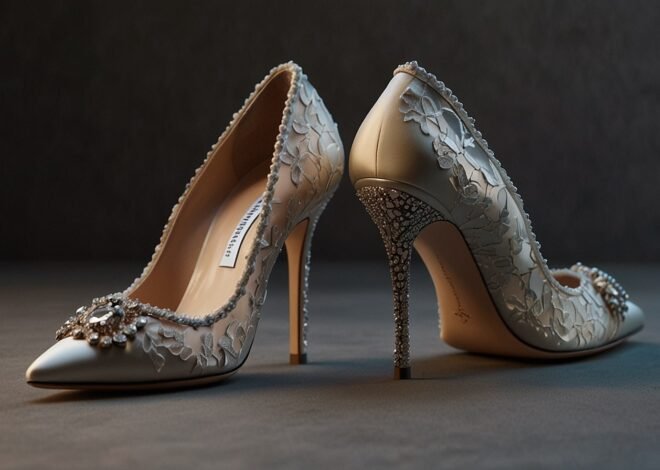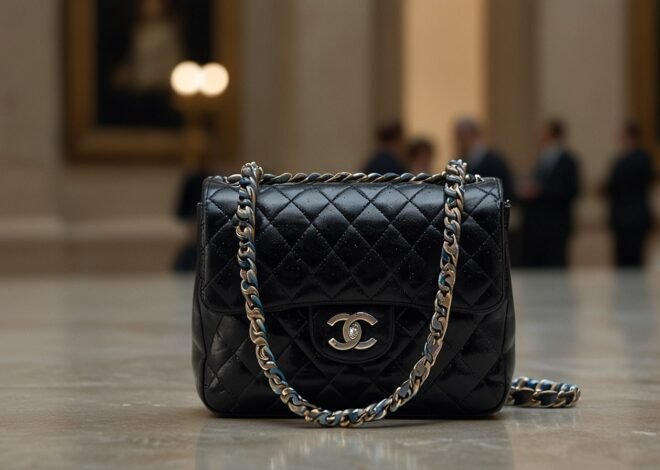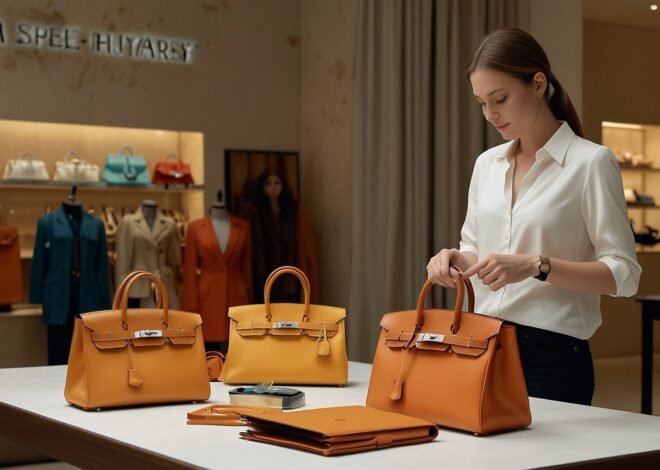Circular Economy Embraced by Luxury Fashion Industry Leaders
The luxury fashion business is currently experiencing a radical transition, mainly because the market’s leading brands are starting to incorporate sustainability and circular economy concepts. This change is being influenced by; In the changing demands of the customers, In the pressure from the government and other relevant authorities, and lastly, in the concern about the effects of fashion on the environment.
Today’s trendsetters including Gucci, Prada, and Stella McCartney are already engaging in this concept and coming up with unique ways of minimizing wastage and the utilization of resources within those companies while offering an extended durability for their products. Such steps include incorporation of recycled material in new collections and take-back programs in used products or items.
One of the most important trends in this sphere is the use of Digital Product Passports (DPP) and Digital IDs. These technologies make it possible for brands to have visibility of a product throughout a lifecycle development process right through to its disposal. It also assists in controlling the negative impact on the environment and in fighting counterfeiting which is a rampant problem in the luxury industry.
Kering luxury group has been especially active in this sphere, which established challenging sustainability goals for all its brands. The company has set an aim to decrease its environmental effect by 40% by 2025 and has been spending a lot of funds on the R & D of sustainable materials.
In the same vein, the LVMH group has implemented its LIFE 360 environmental plan that is centered on creative circularity, traceability, and climate, and Biodiversity. It entails objectives such as making all new products be eco-designed by 2030 as well as making all production sites to be powered by 100% renewable energy by 2026.
With these measures they are not only promoting an environmental agenda; they are also catering to the new trend of luxury sustainability. According to the survey conducted by Bain & Company, the modern luxury consumers pay attention to the sustainability initiatives of the brand.
Such changes in the consumer behaviors have forced the brands to move not only to adopt sustainable practices but also to ensure that their customers are informed about their actions.
Sustainability is also encouraging innovation in the luxury industry as well, as mentioned above. There are new materials today that still have that luxury feel and yet, are much more sustainable, for example lab grown diamonds or plant based leathers. All these are creating new opportunities for design and are questioning the established definitions of luxury.
Nevertheless, the conversion to the model has been realized with certain challenges. Luxury brands have to be very careful while taking steps towards sustainability, as they do not want to eliminate the exclusivity that is a part of their products. There is also the problem of making consumers appreciate the value of sustainability in products which in this case, may be more expensive than the traditional products.
Nevertheless, one has to acknowledge several threats, which are still present in the luxury industry’s transformation towards the acceptance of sustainability and circular economy principles as new paradigms of functioning and value creation. This trend is set to rise and transform the luxury market, therefore opening possibilities to brands that can achieve the balance between Sustainability and luxury.


